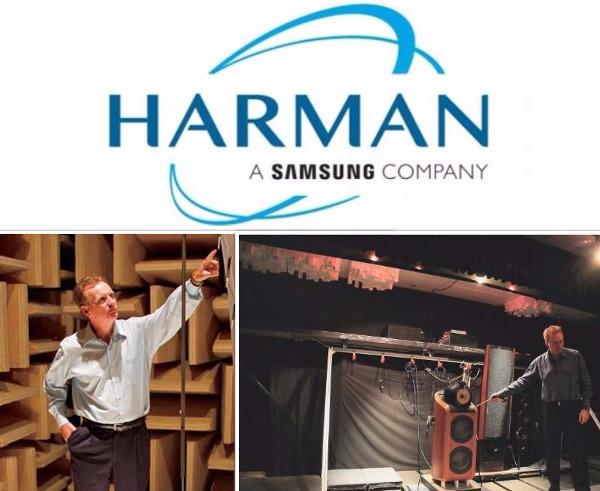Harman Consolidates, Layoffs Announced

It still remains to be seen how Harman’s activities in home audio will ultimately be impacted but last week Harman announced the consolidation of its Professional Solutions group, which will result in the layoff of 650 employees in the U.S. and Europe.
In a press release posted on AVNation, Harman International PR director David Glaubke said the changes are the “culmination of a transformation” that the Pro Solutions division has undergone over the last few years and aimed at better serving the company’s customer base, increasing their competitiveness, and accelerating new product innovation.
“We are now consolidating certain locations acquired through acquisitions over the years to leverage the R&D, engineering, design and manufacturing operations of our other divisions and speed up our time to market,” Glaubke said. Facilities targeted for closing include those in Elkhart, Indiana, South Jordan, Utah, and a few smaller locations that the company has acquired throughout Europe over the past decade, according to the press release.
After the closures, the company will operate out of three main facilities: Northridge, California, site of the world-class audio testing facility created under the aegis of Floyd Tool in the 1990s and now run by Dr. Sean Olive, for acoustics; Richardson, Texas, for electronics, DSP, and video and control; and Aarhus, Denmark, for Lighting.
In an era when audio quality is often lost in the shuffle of new technology, we’re left with the question: Will the Northridge audio testing facility remain intact or will its work be redirected somehow? We’ve reached out to Dr. Olive and will update this post when we hear back from him.
























































